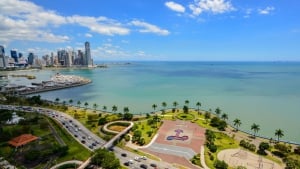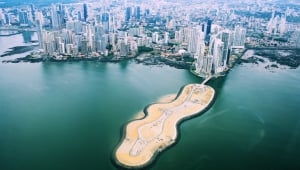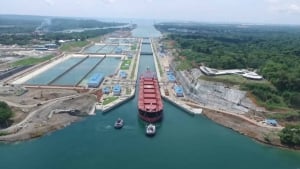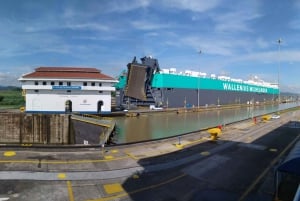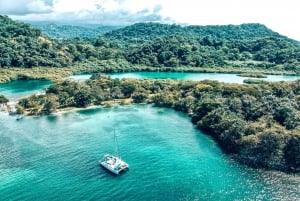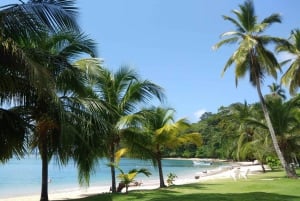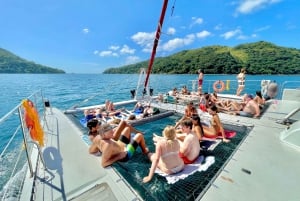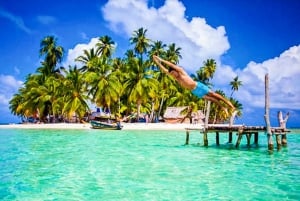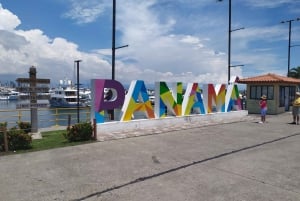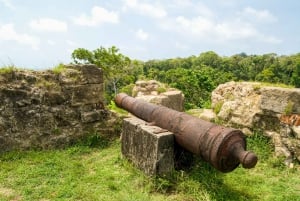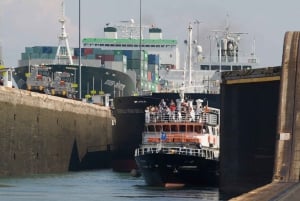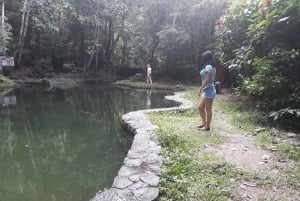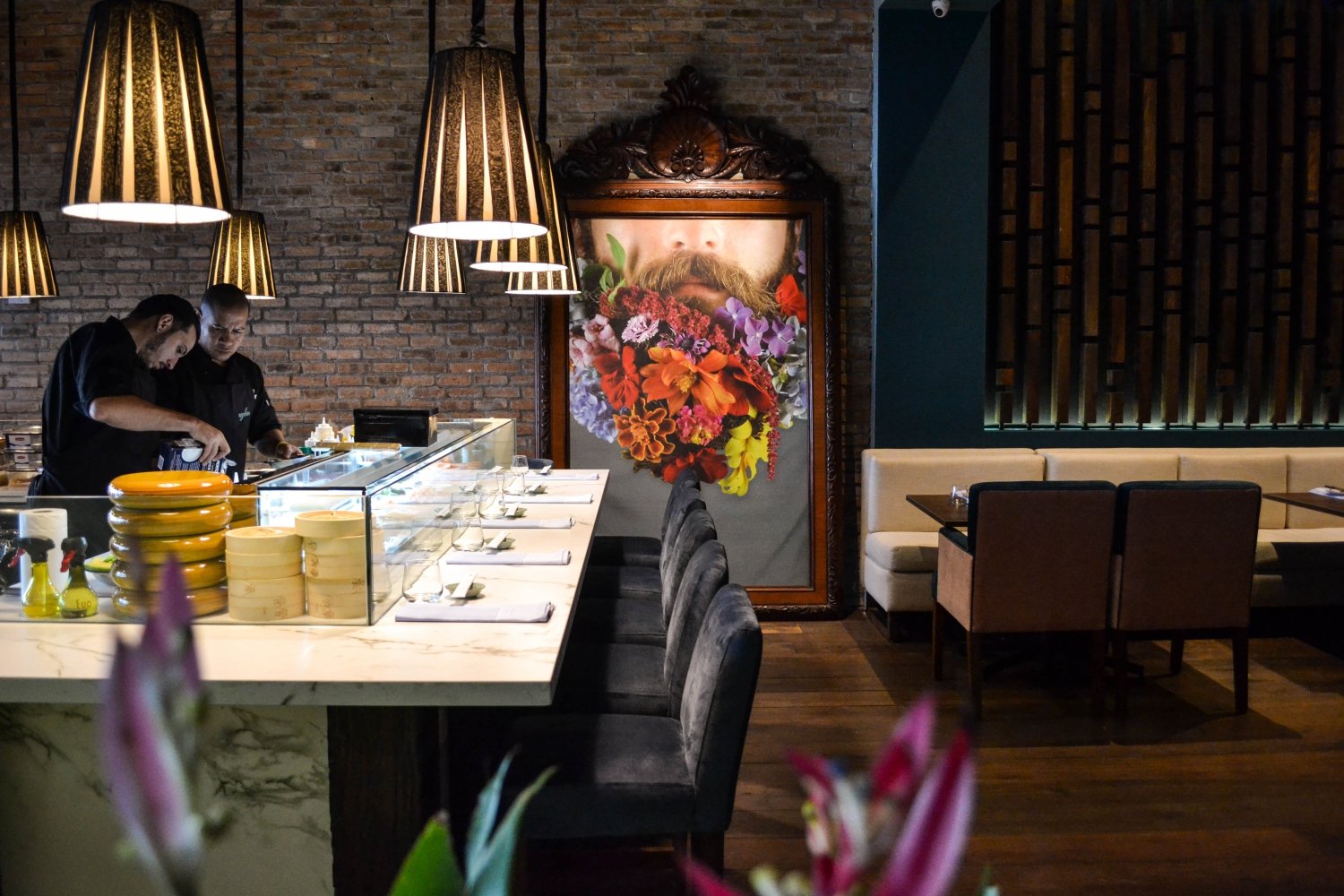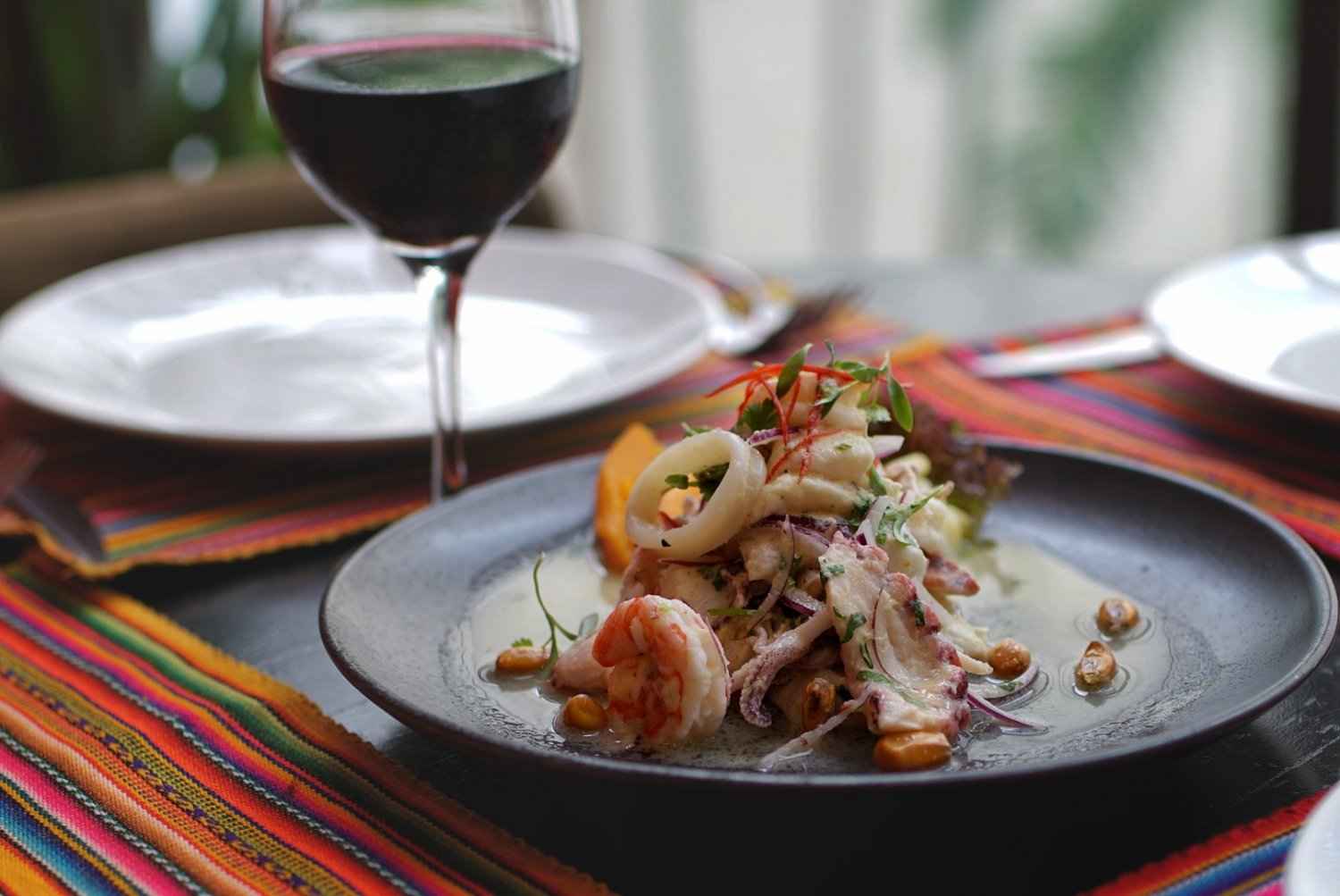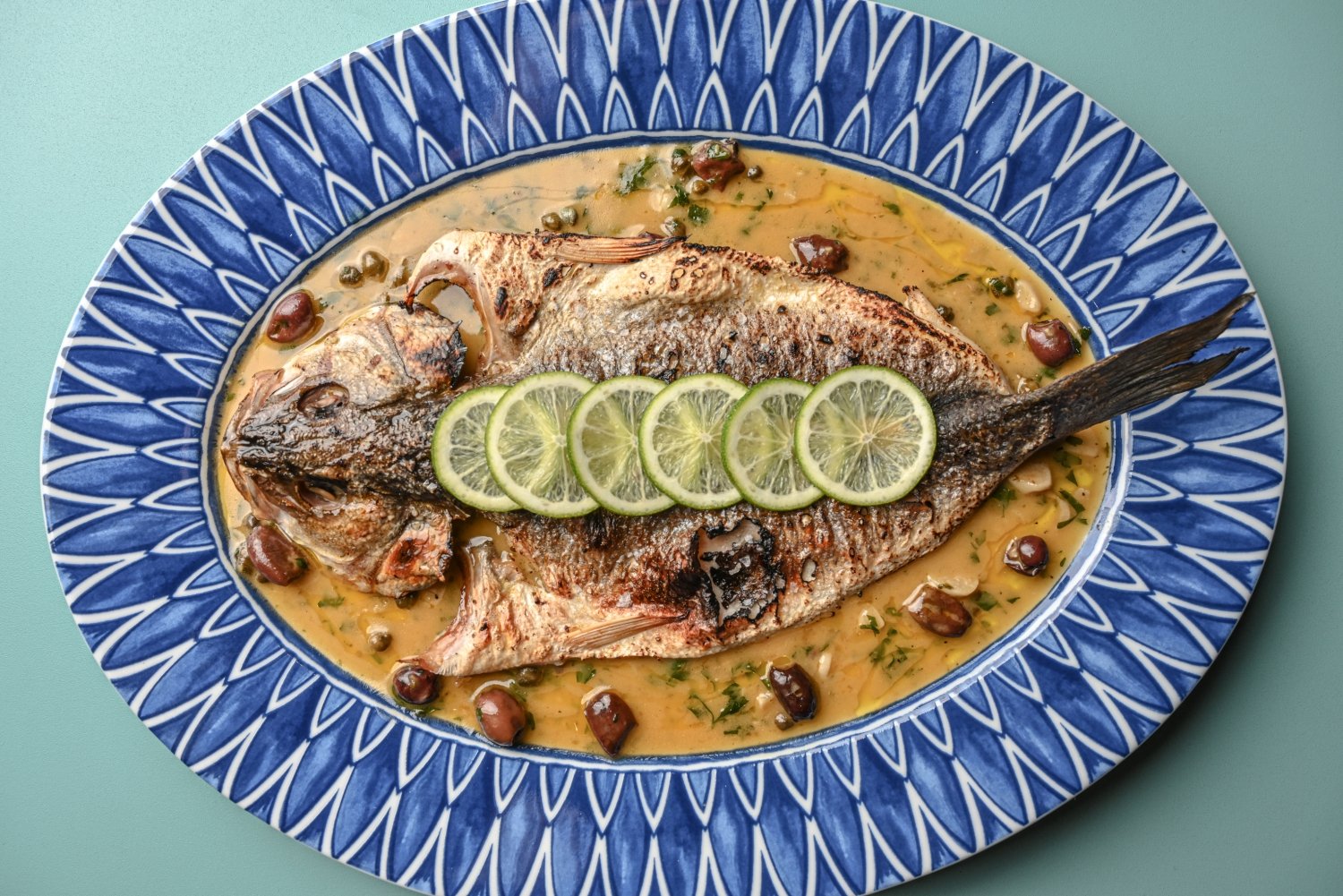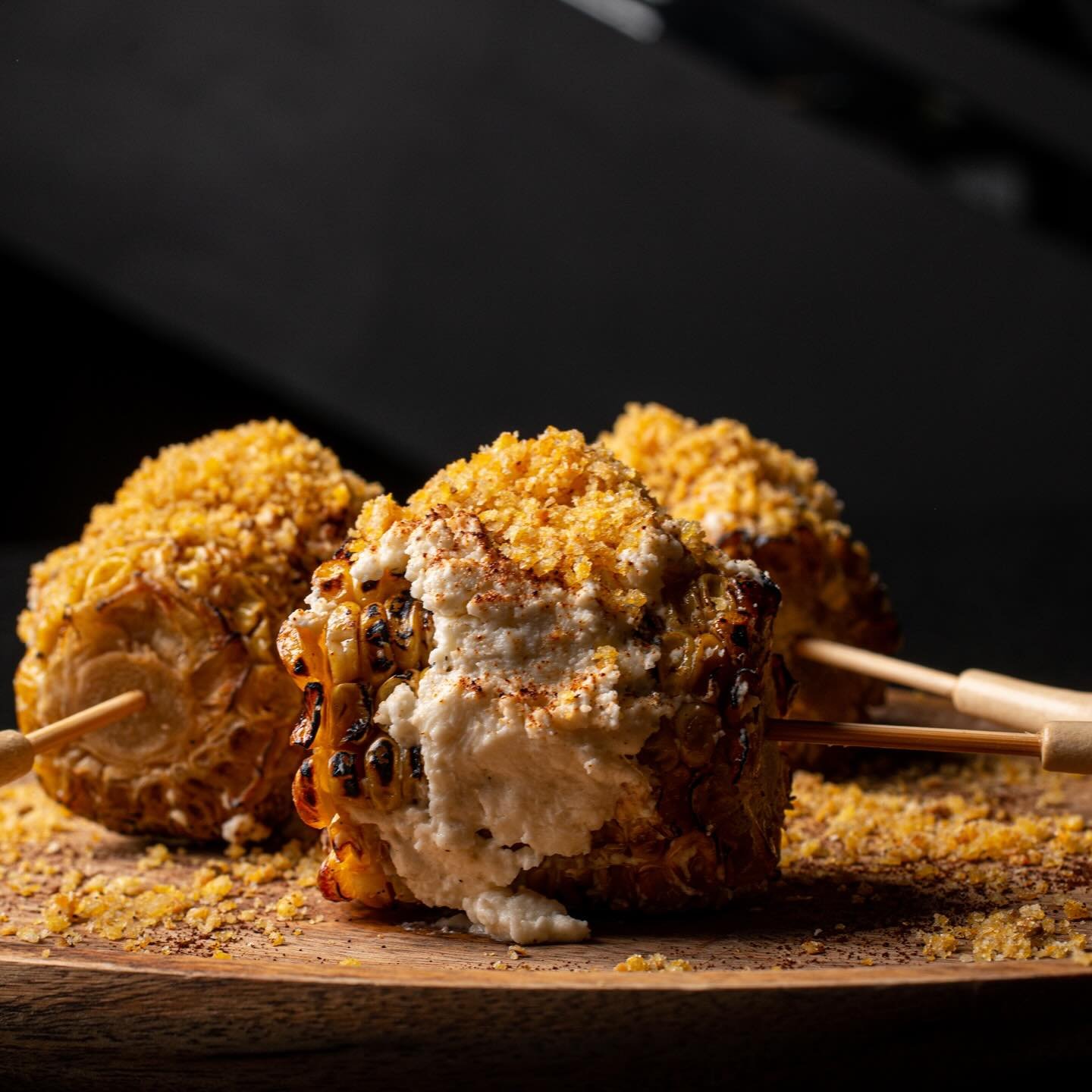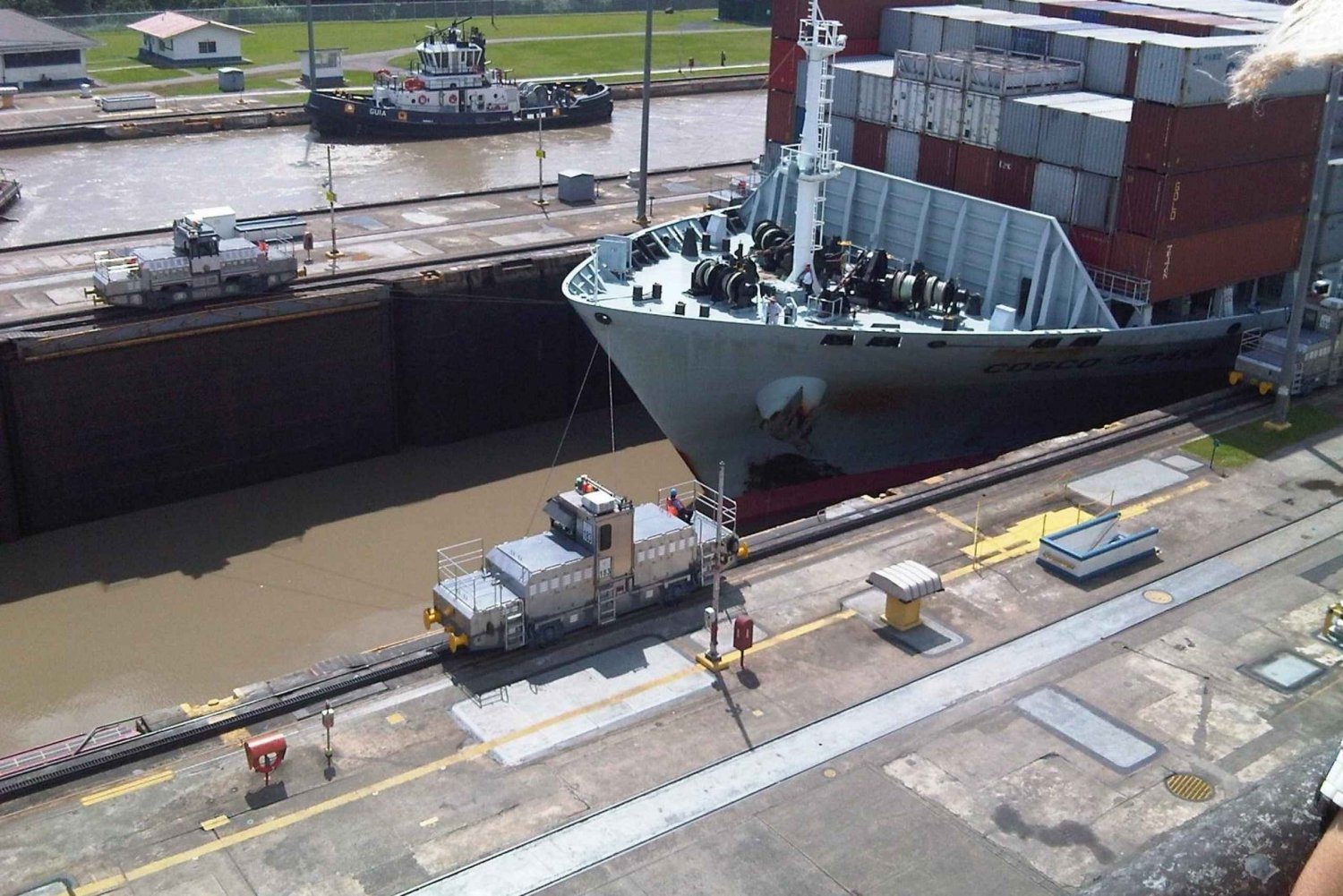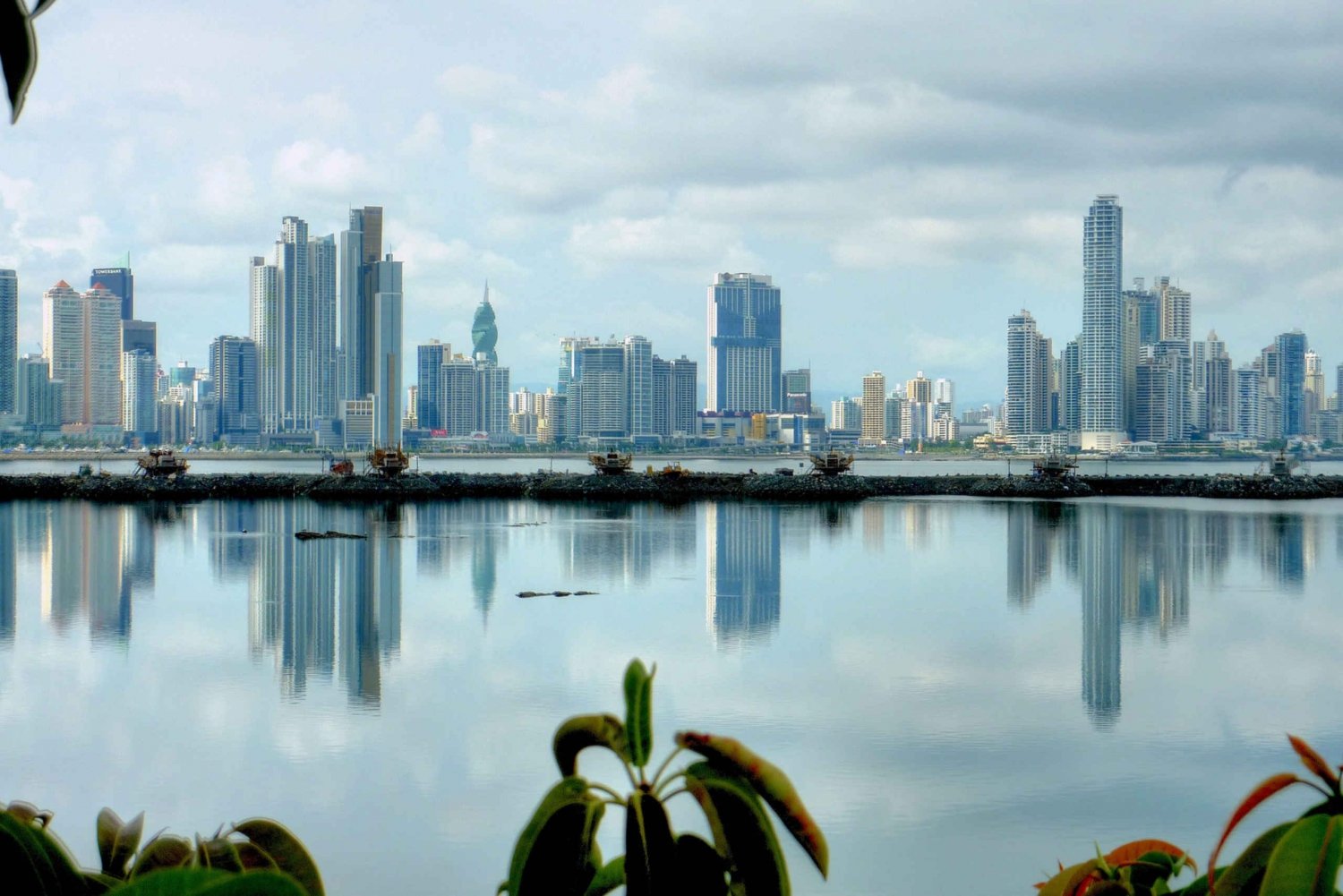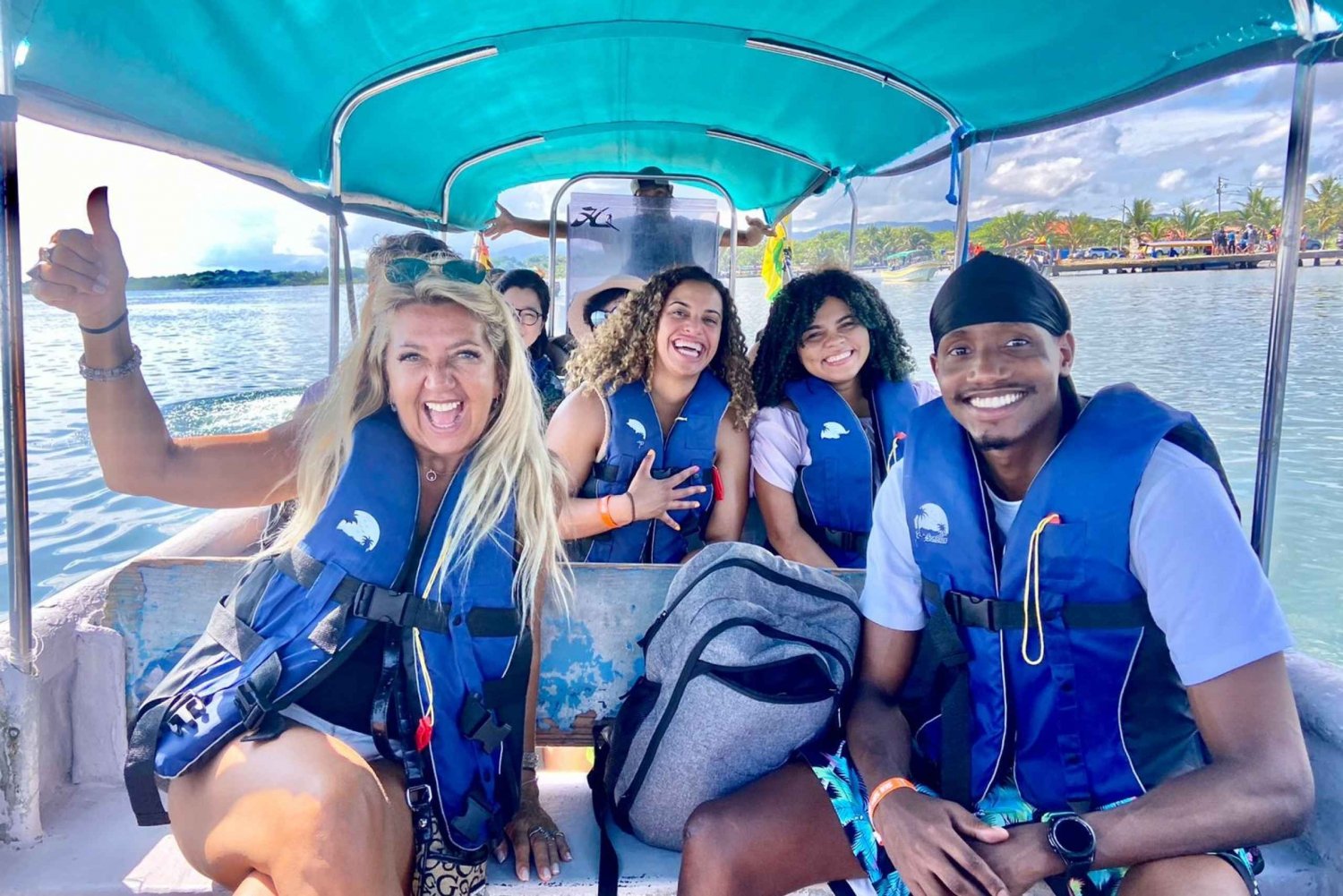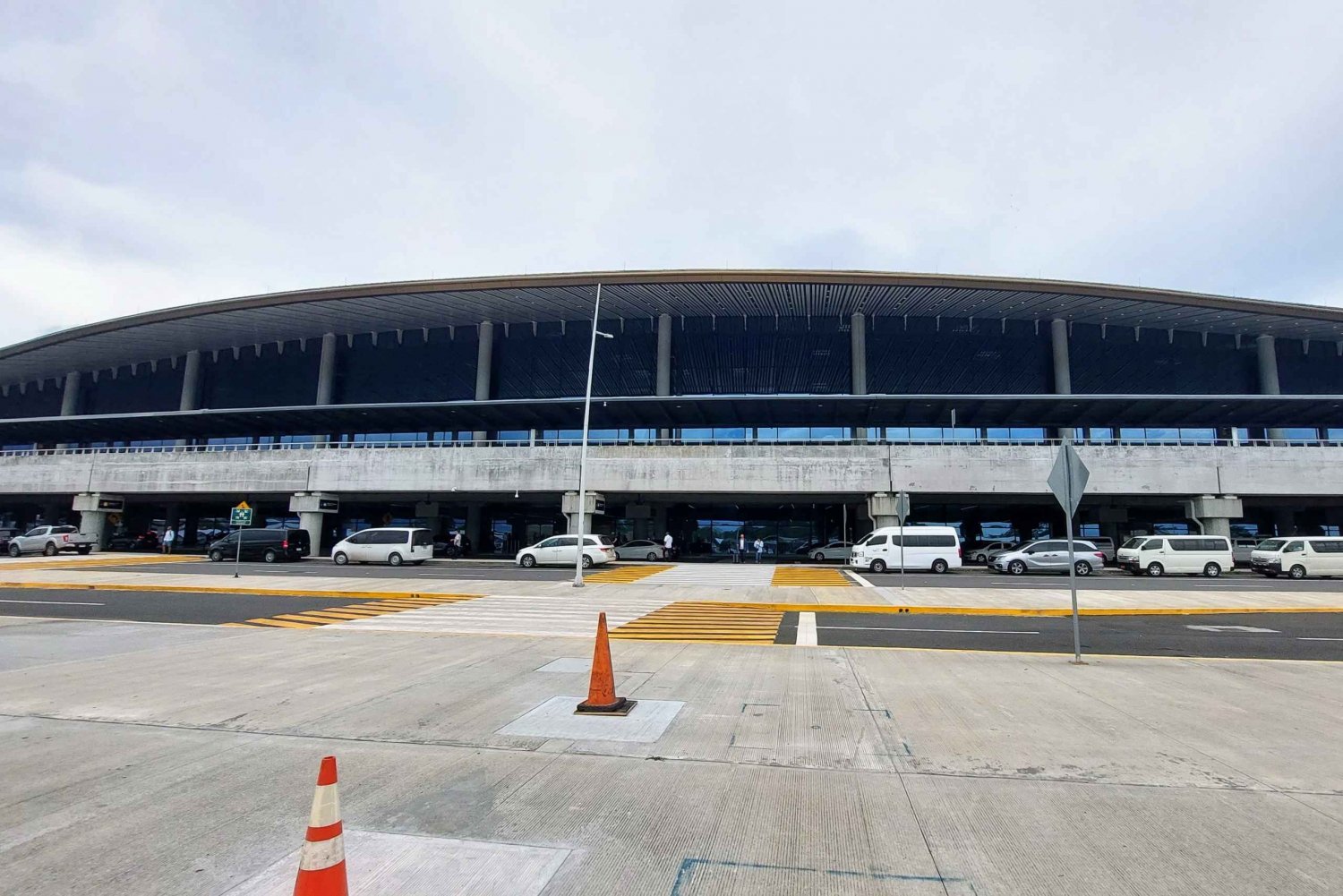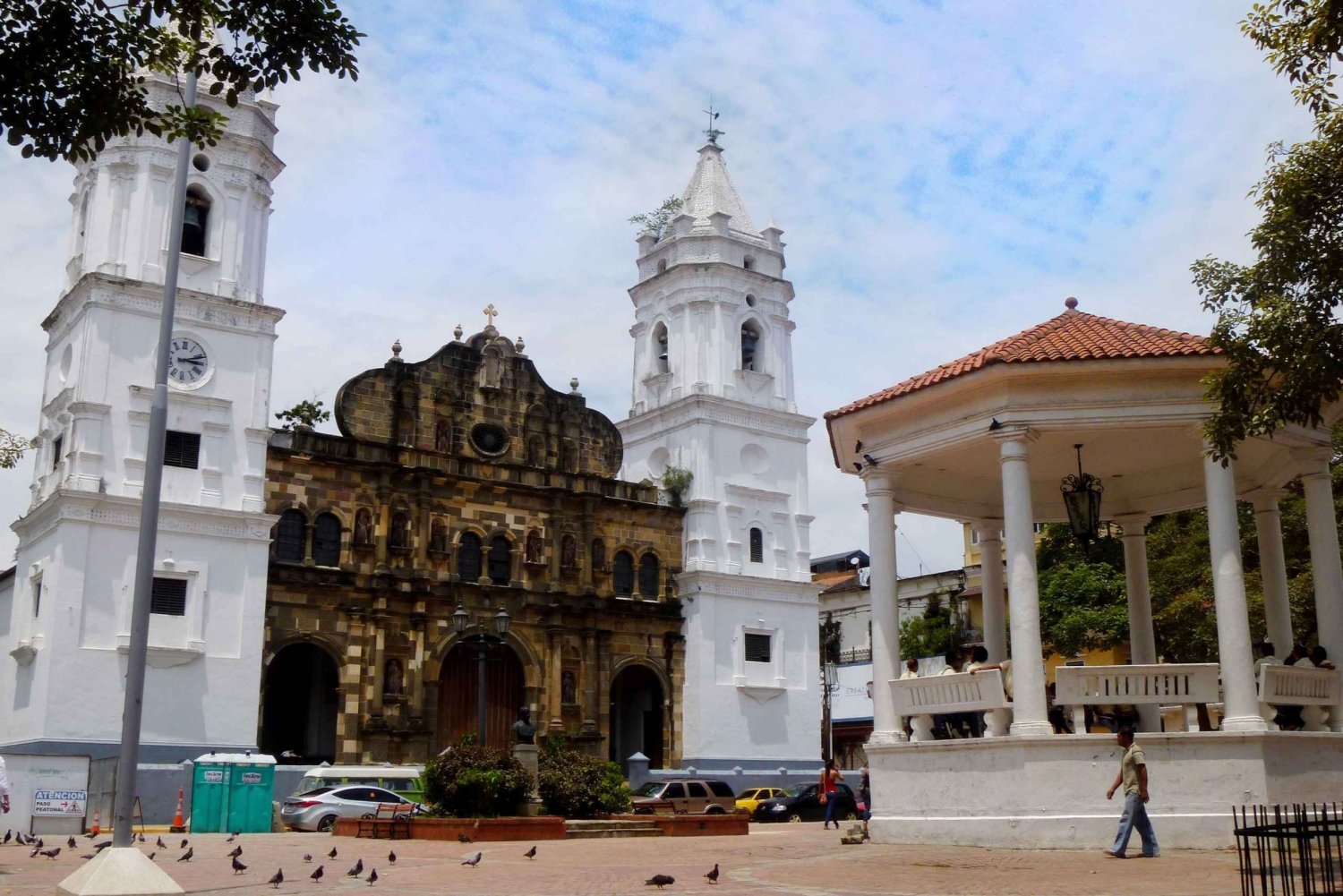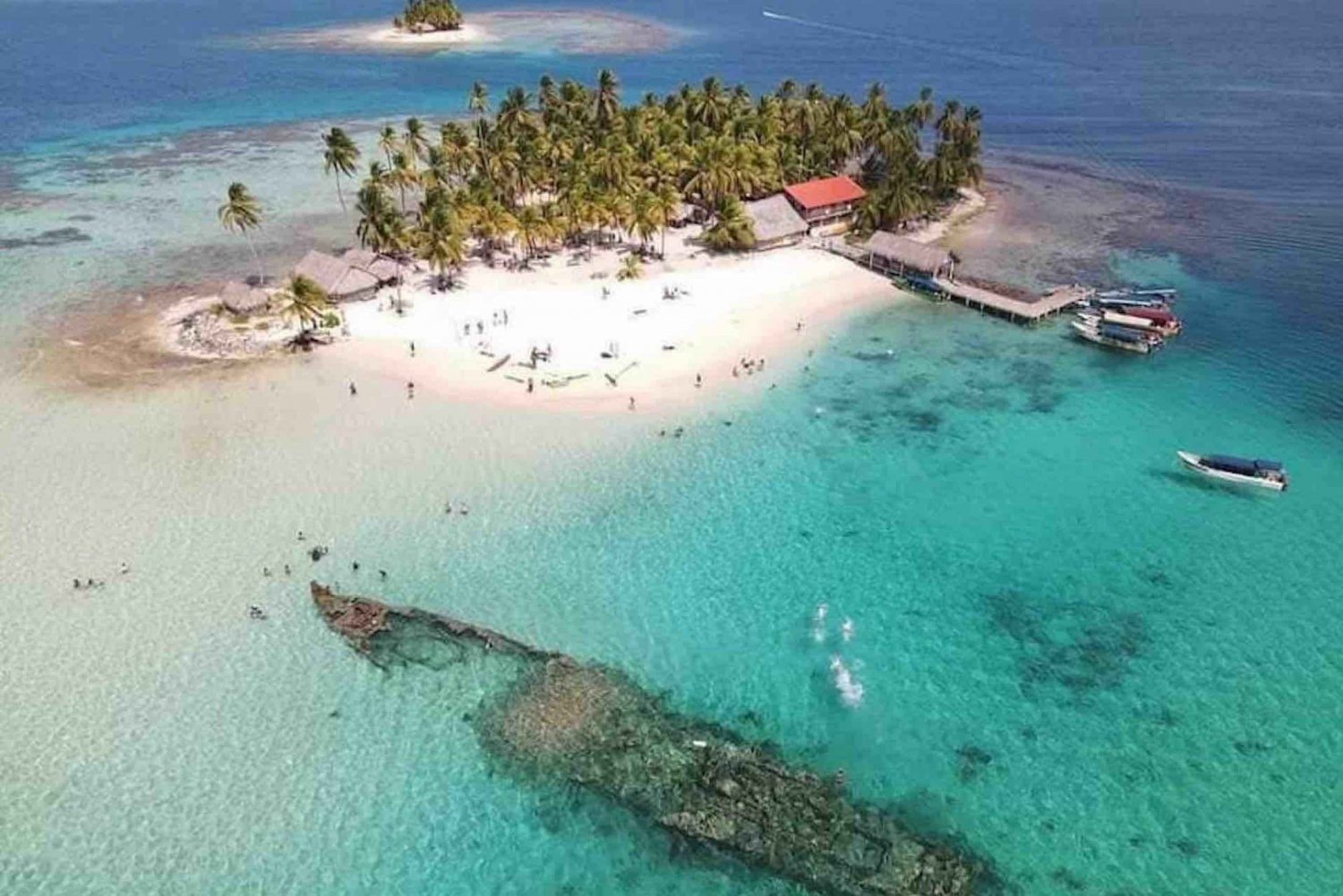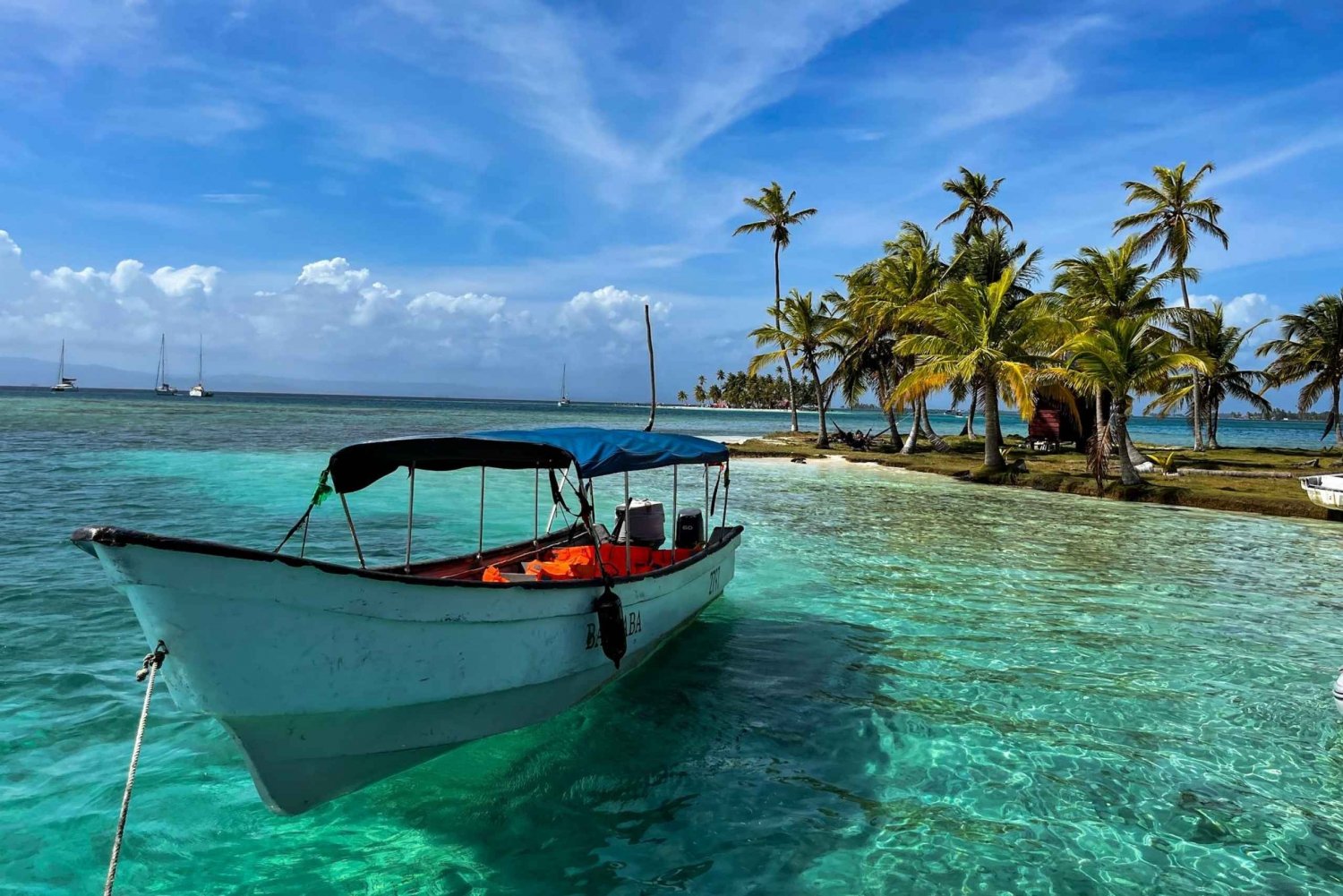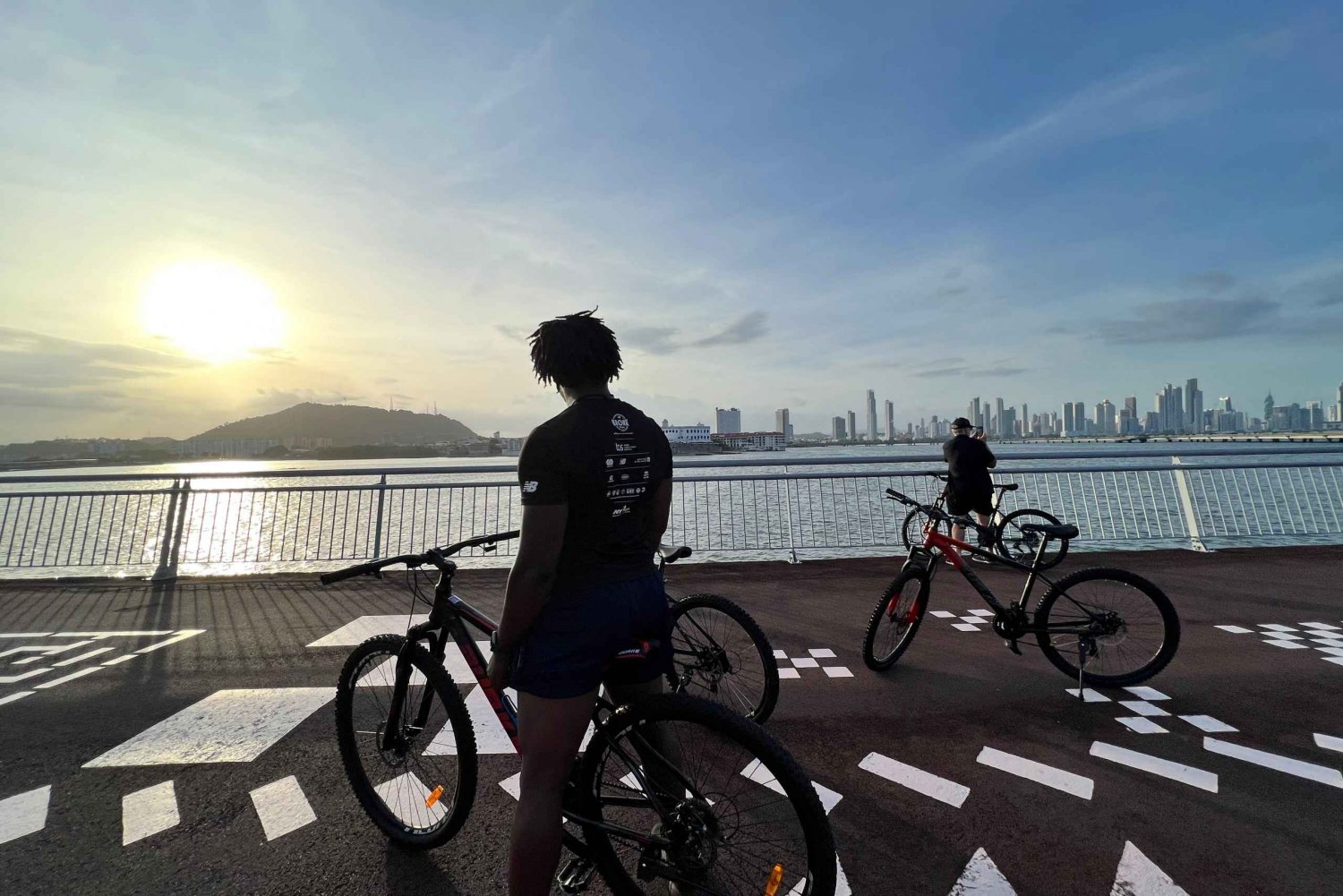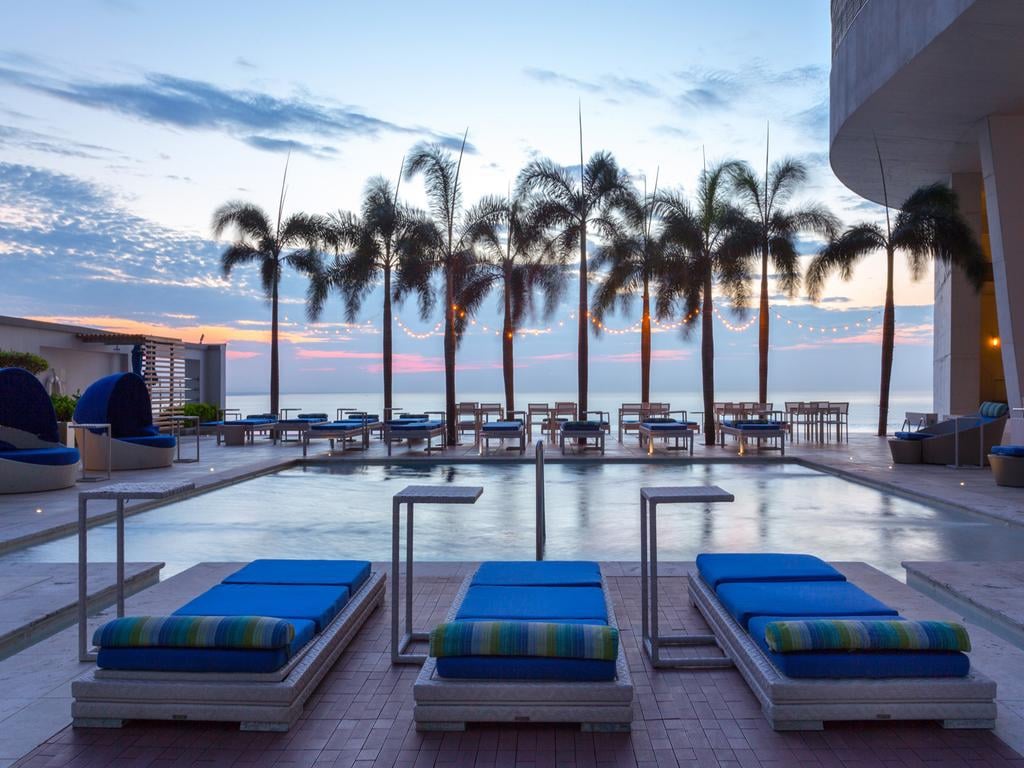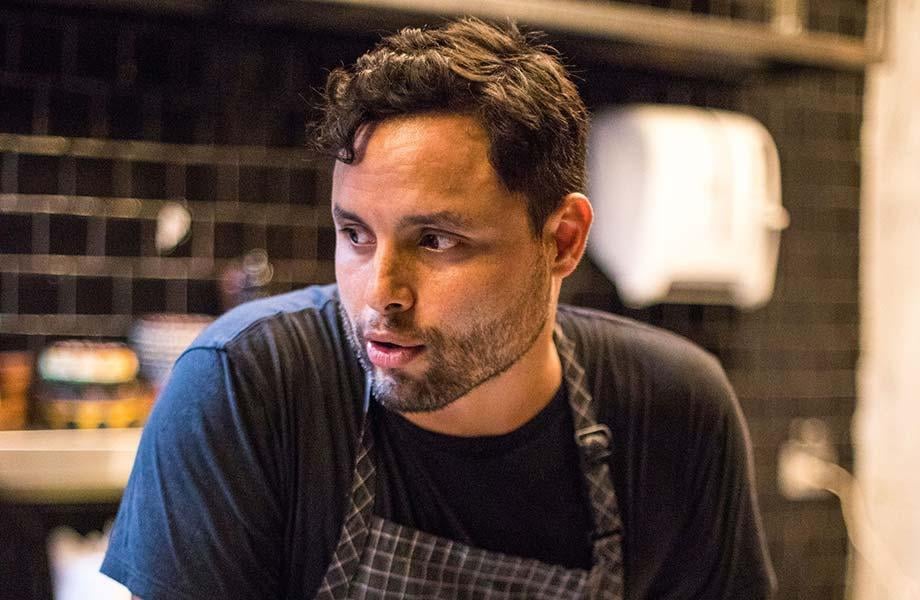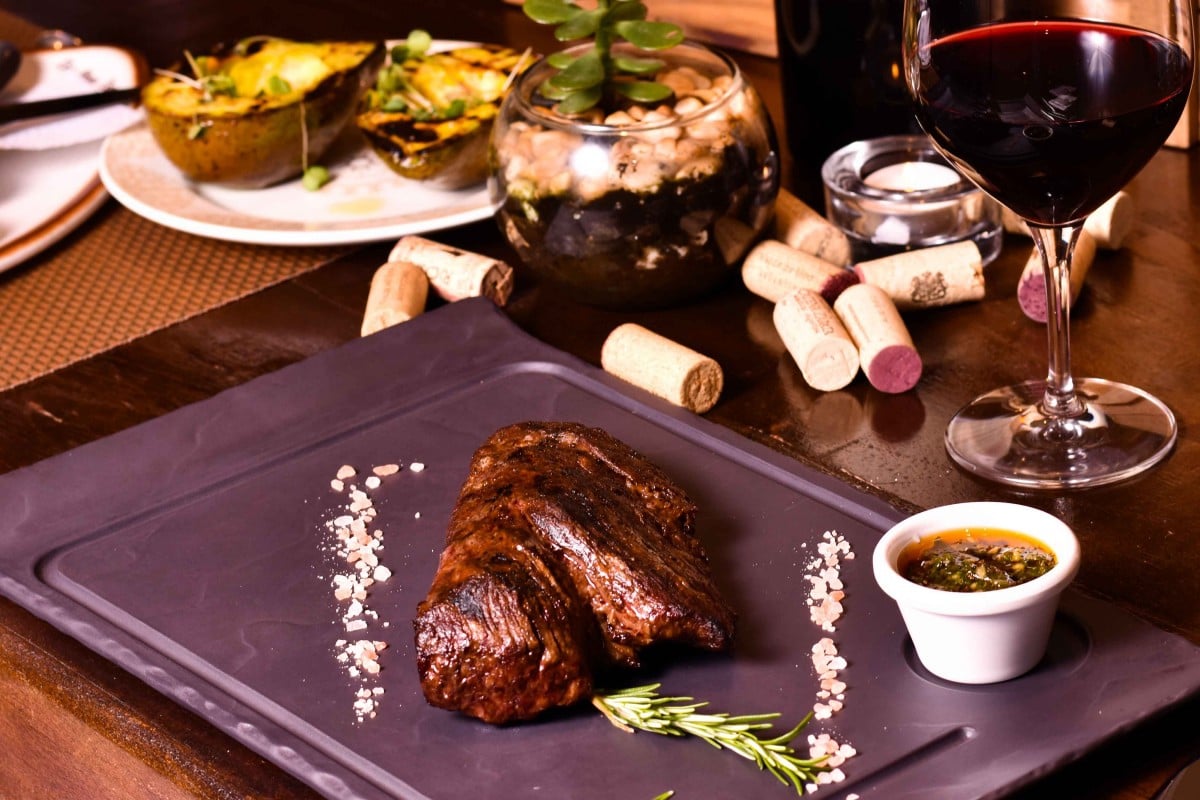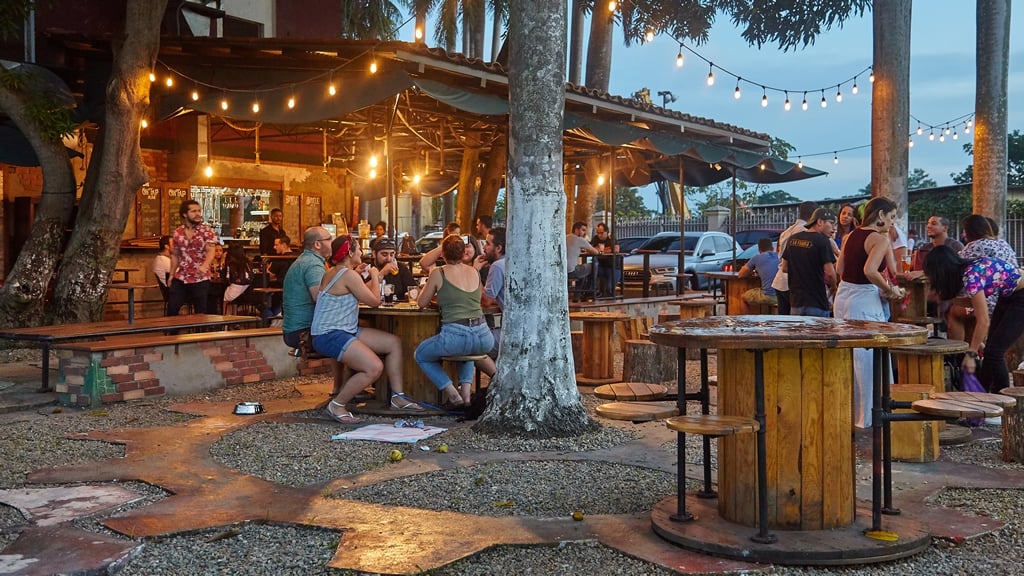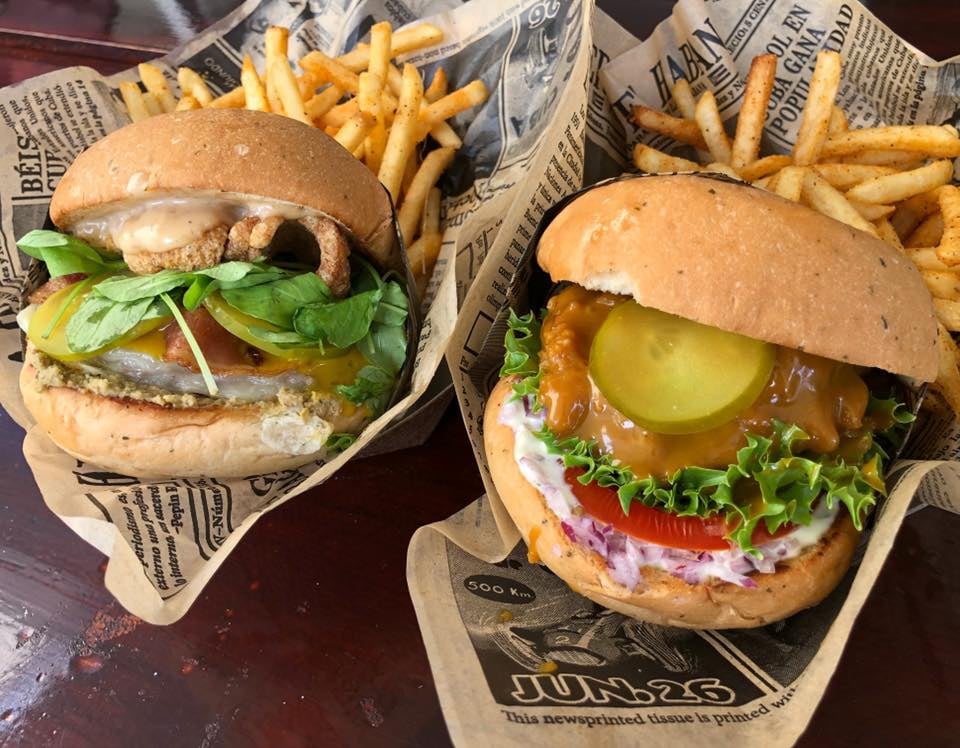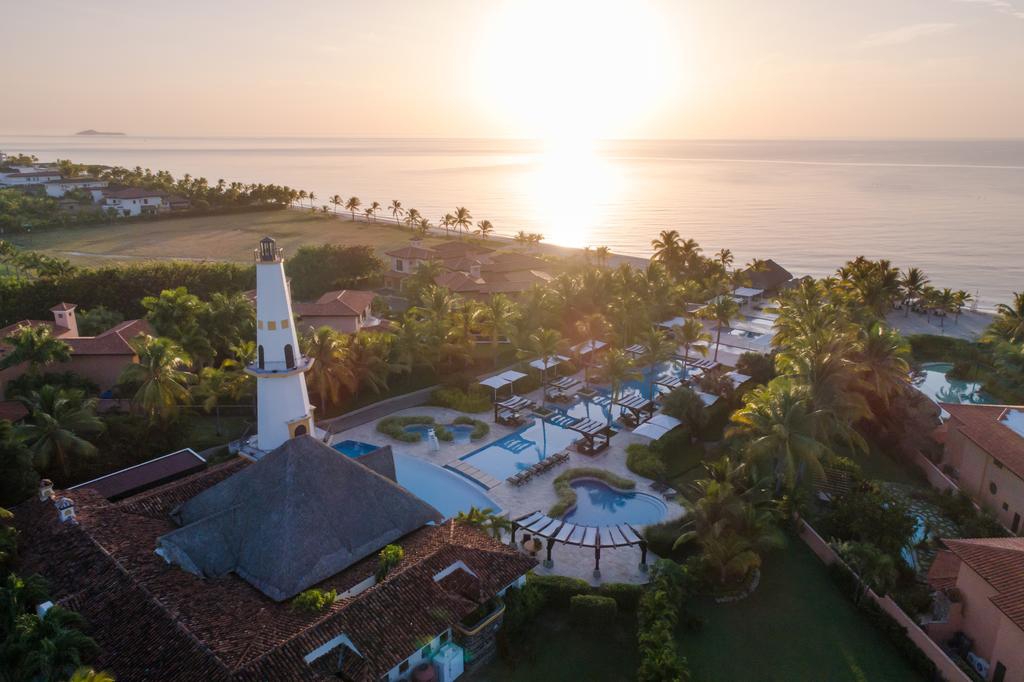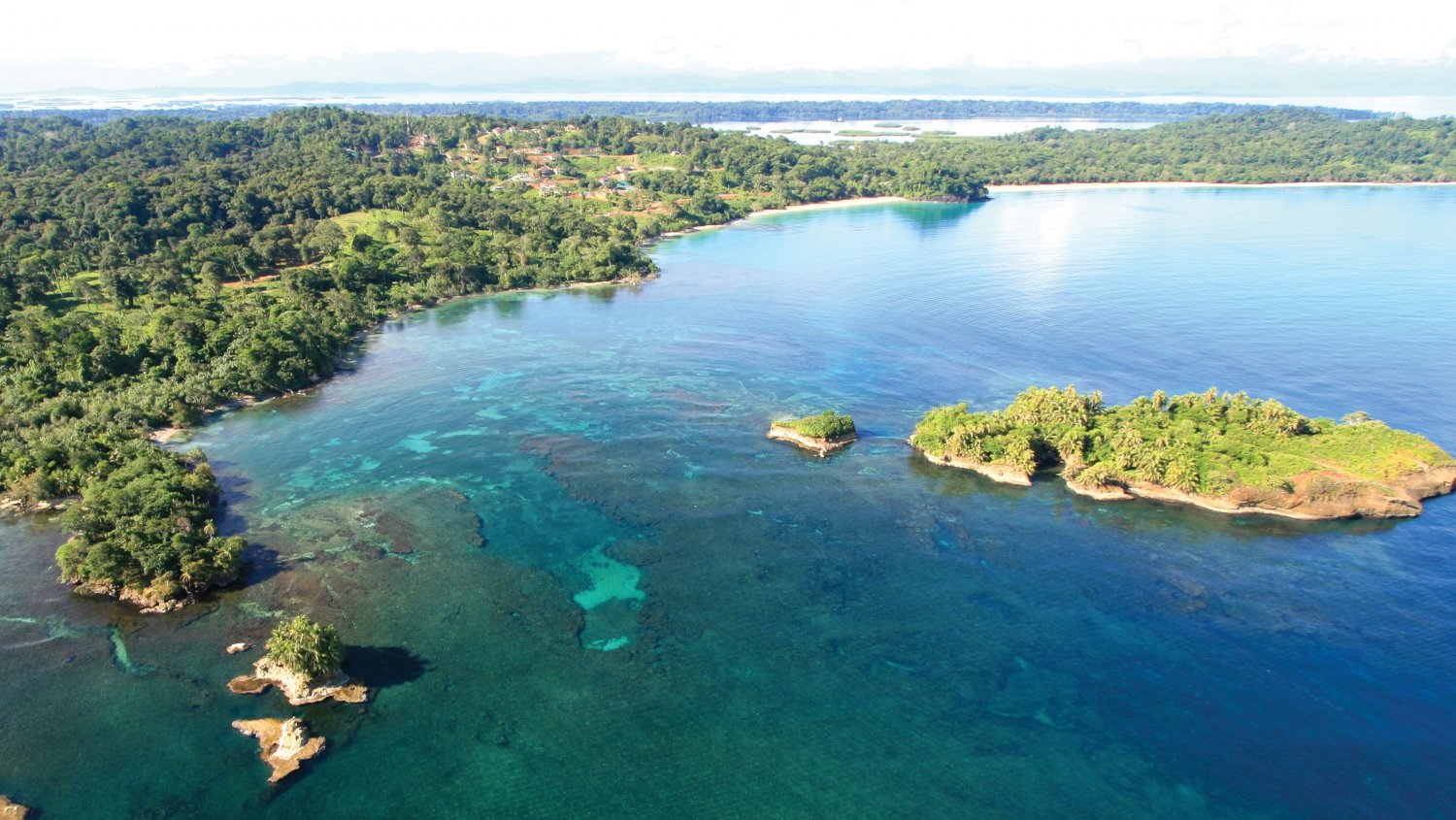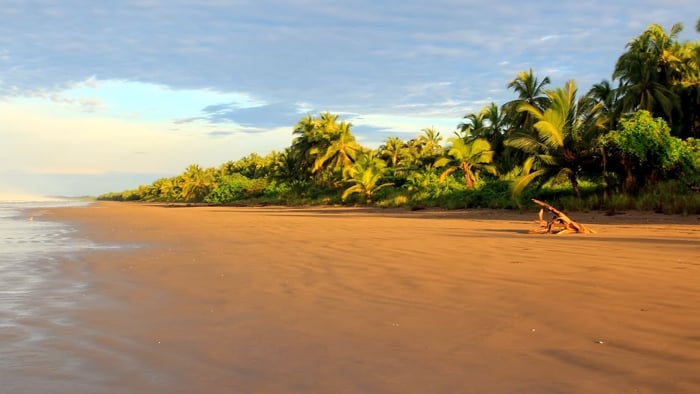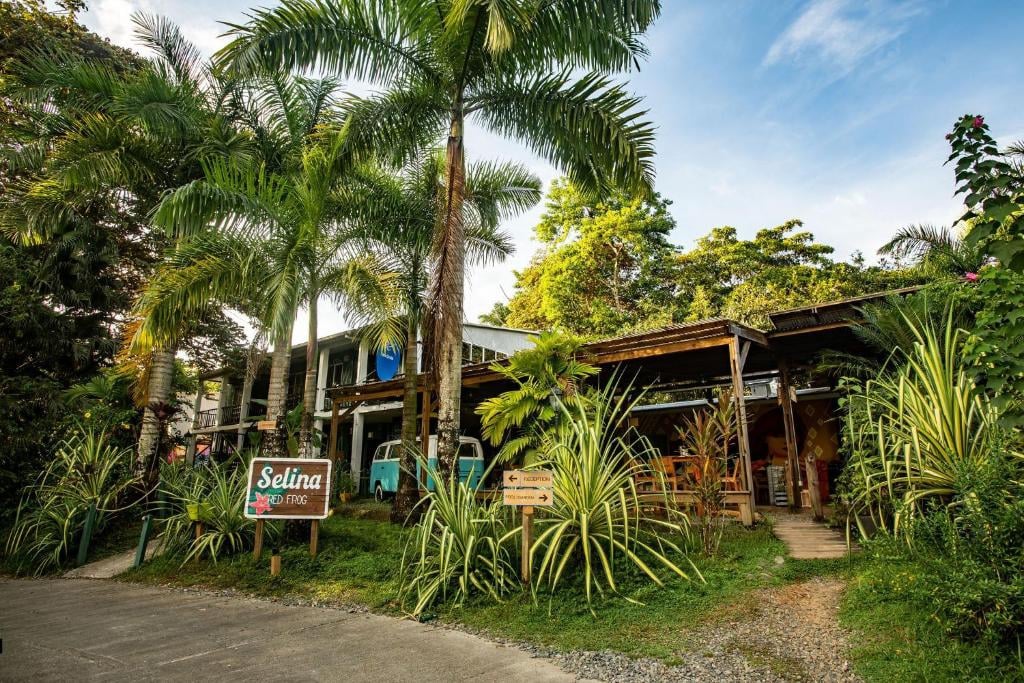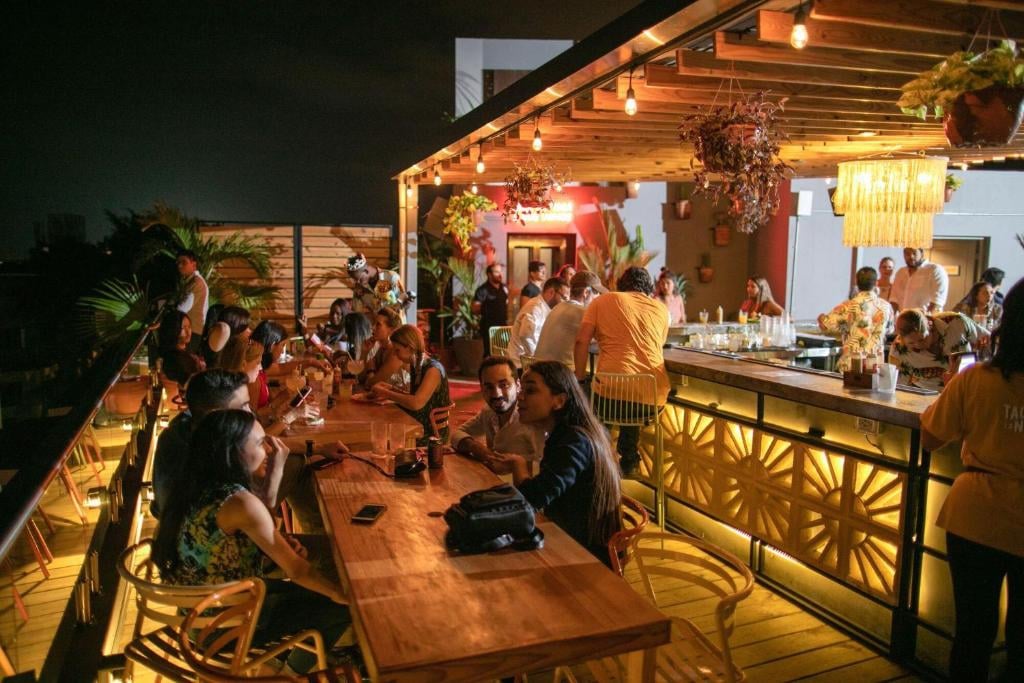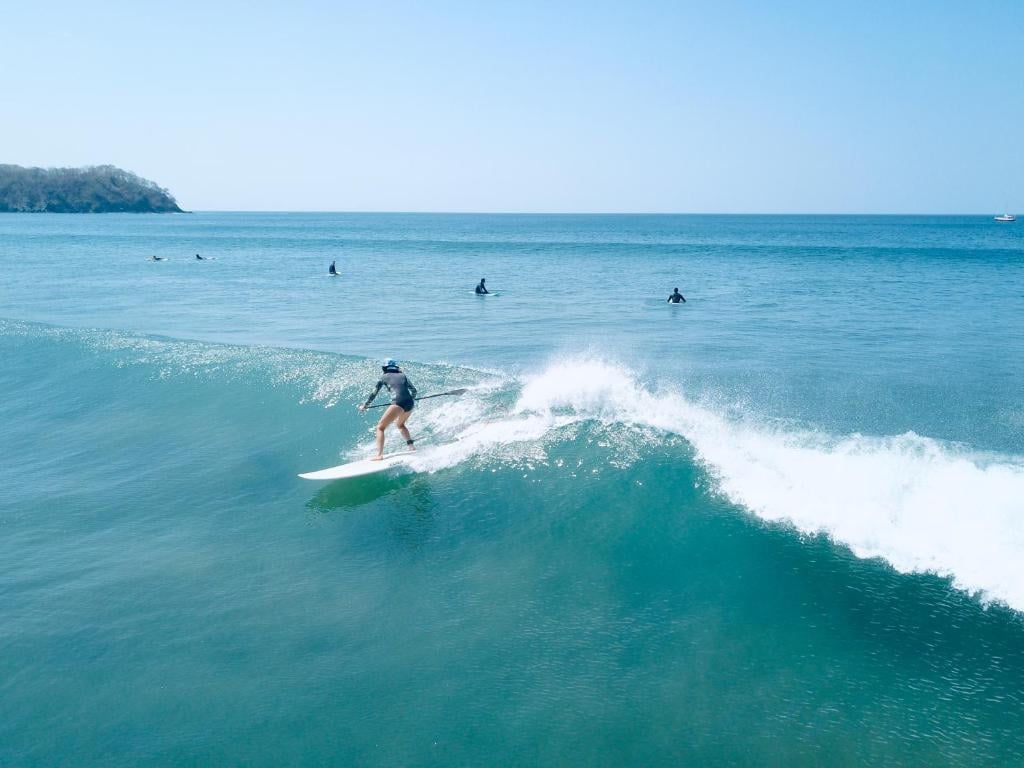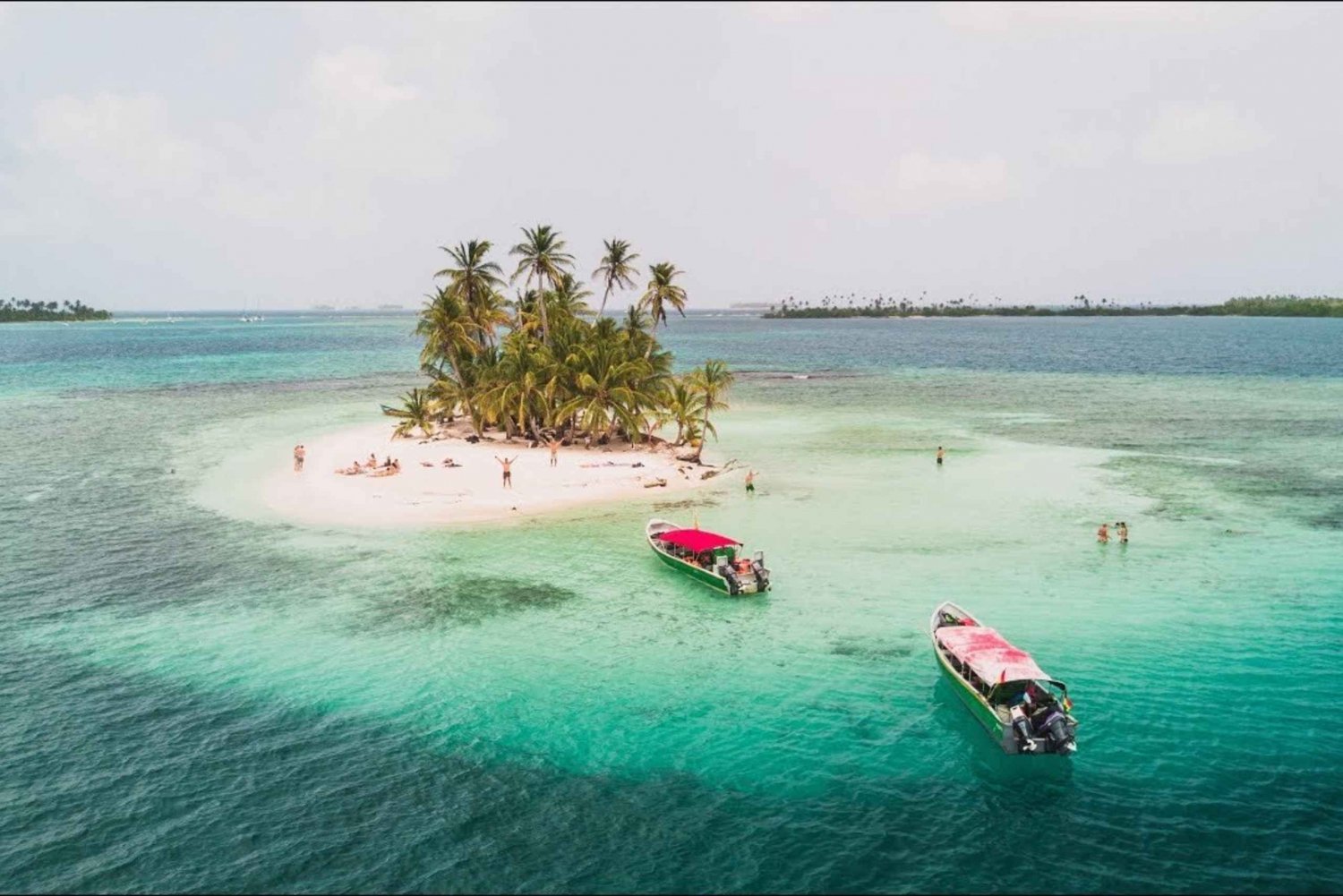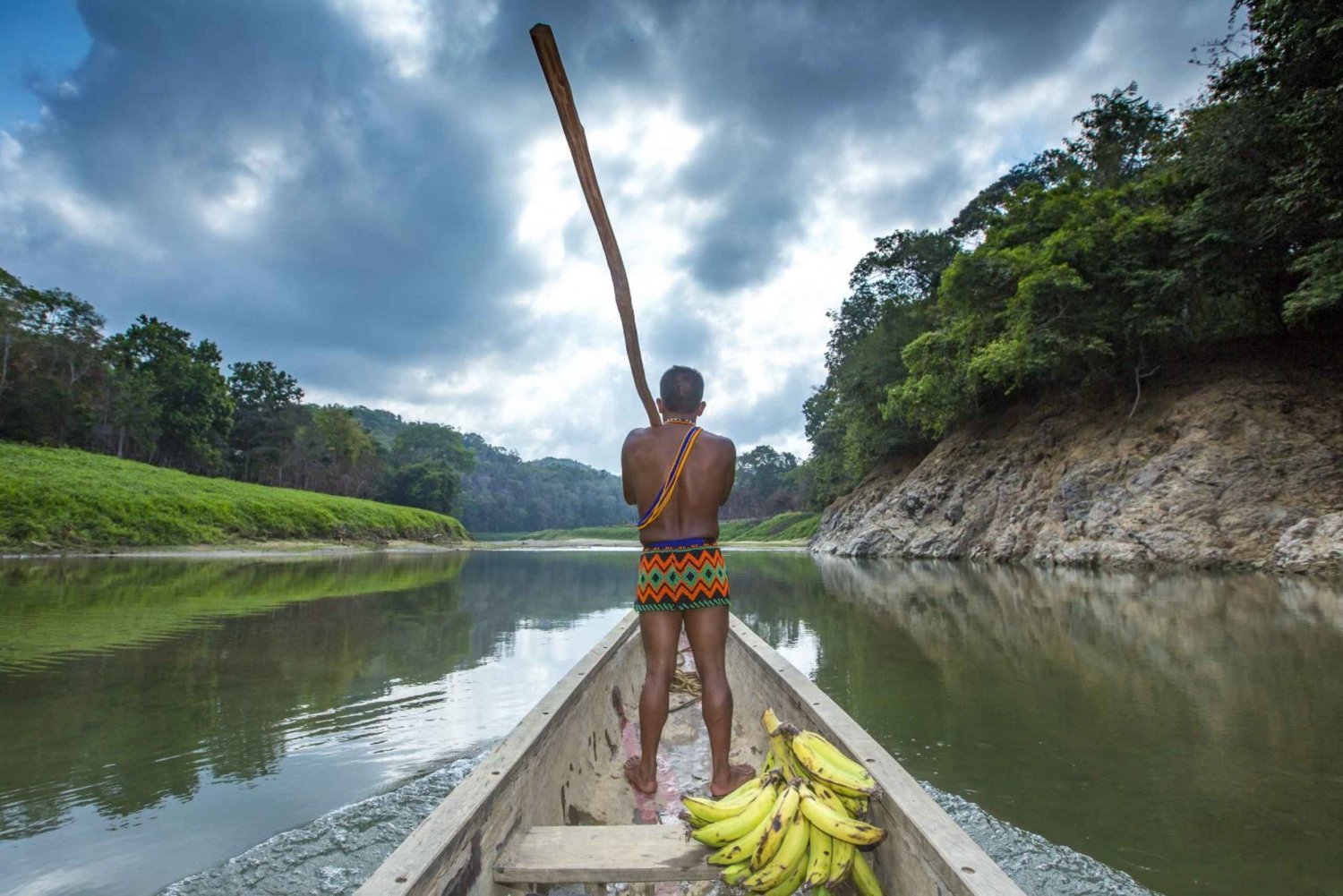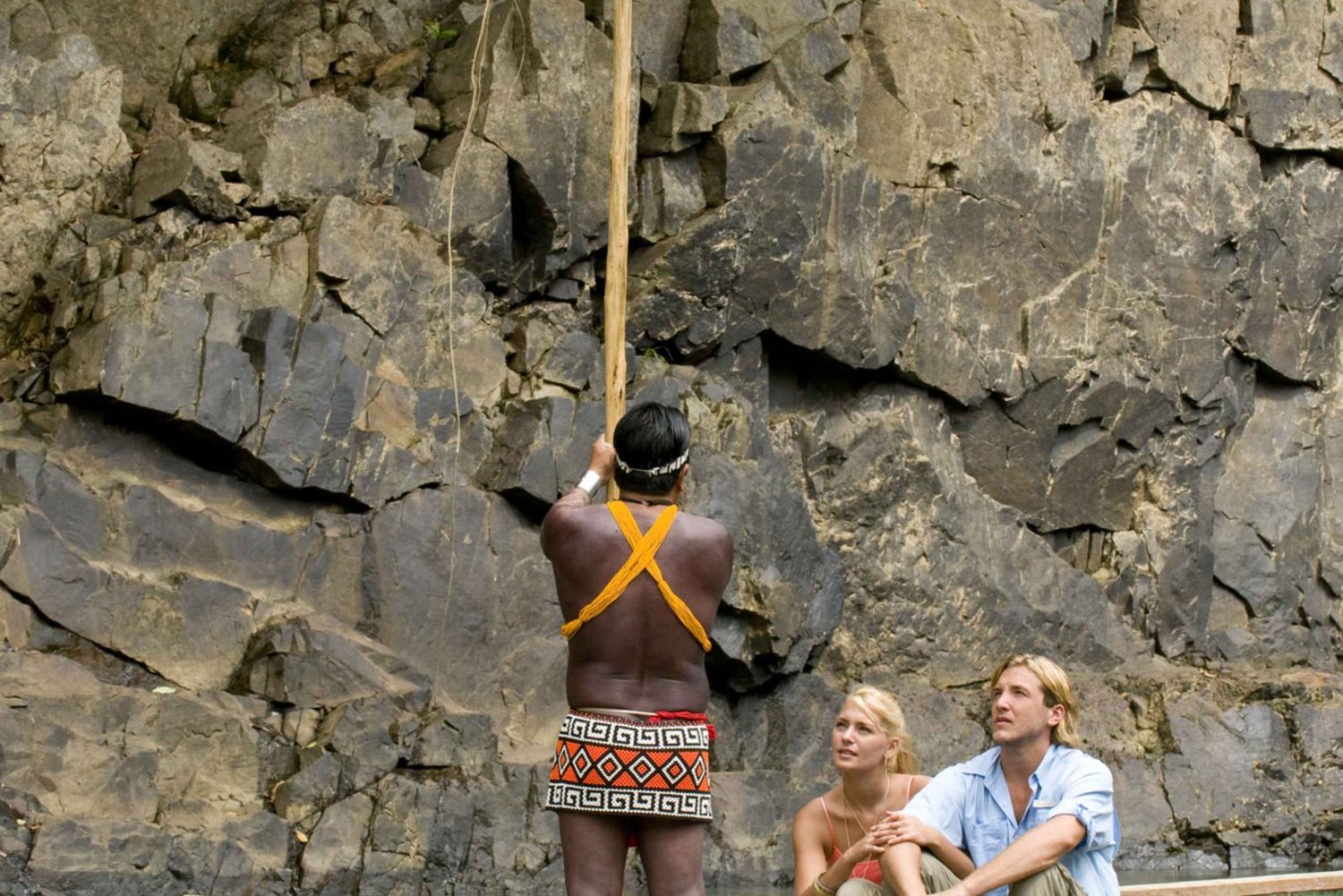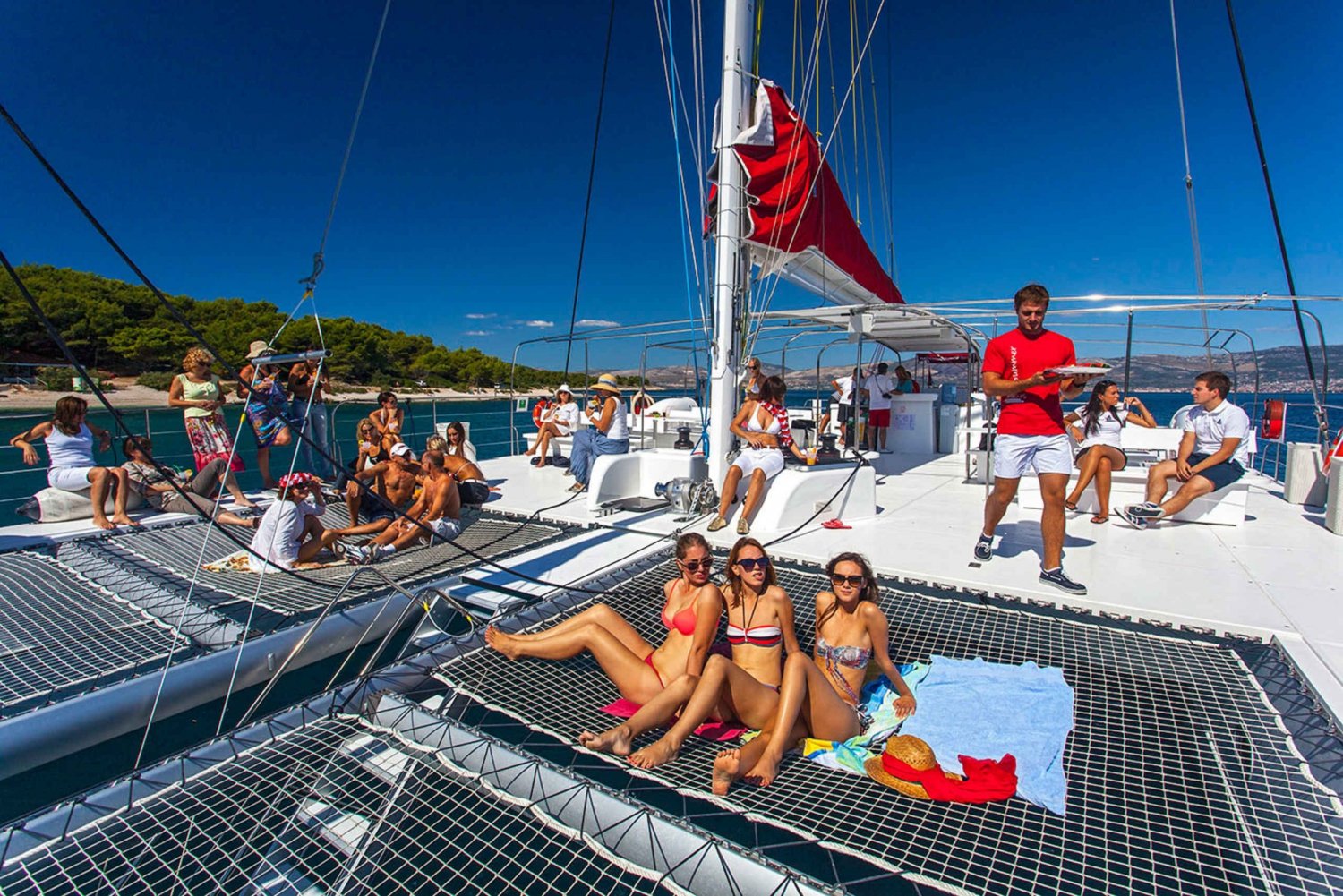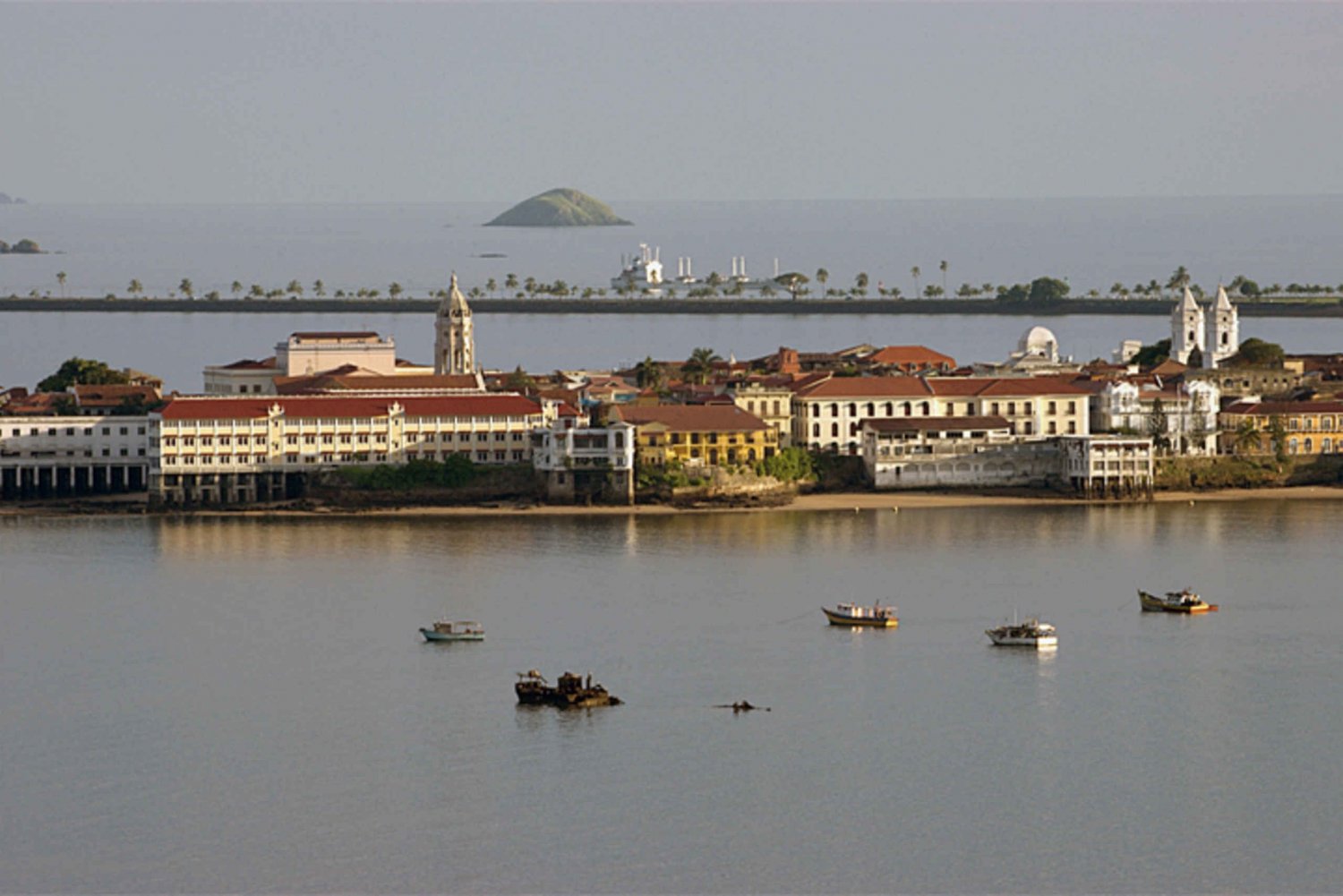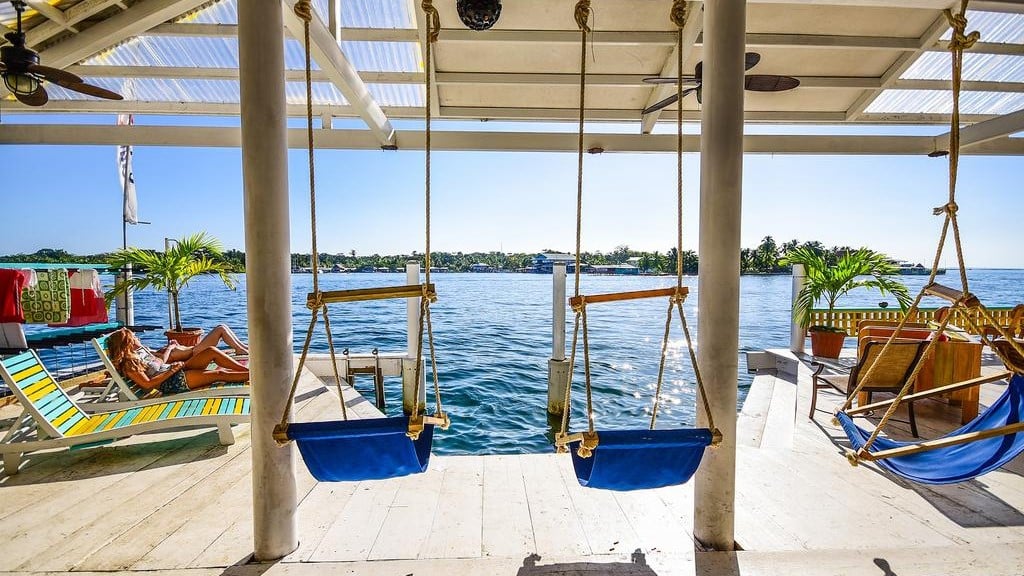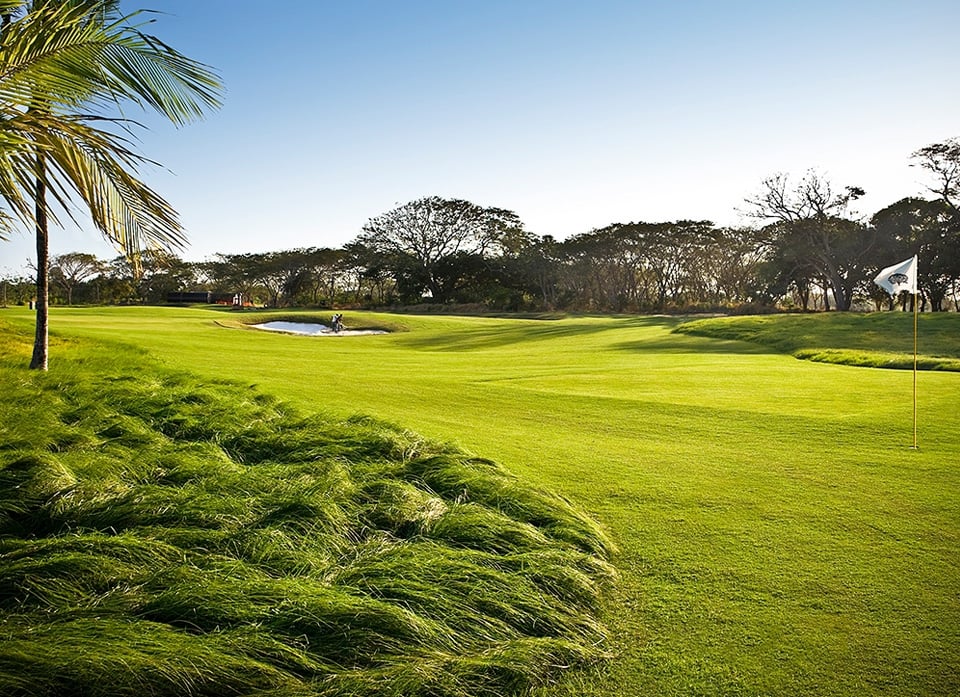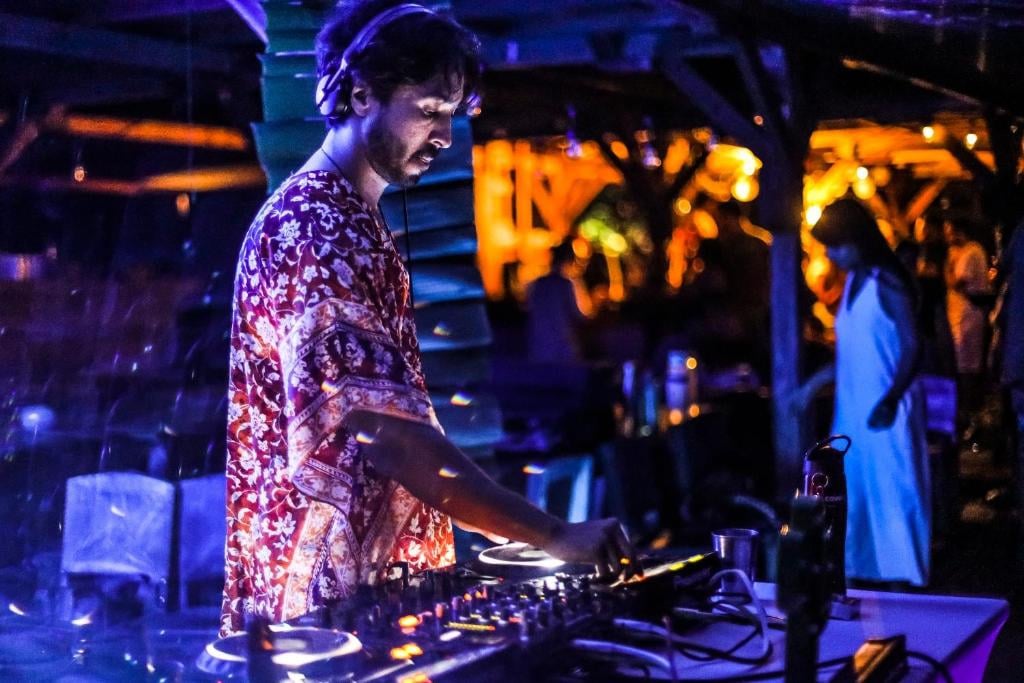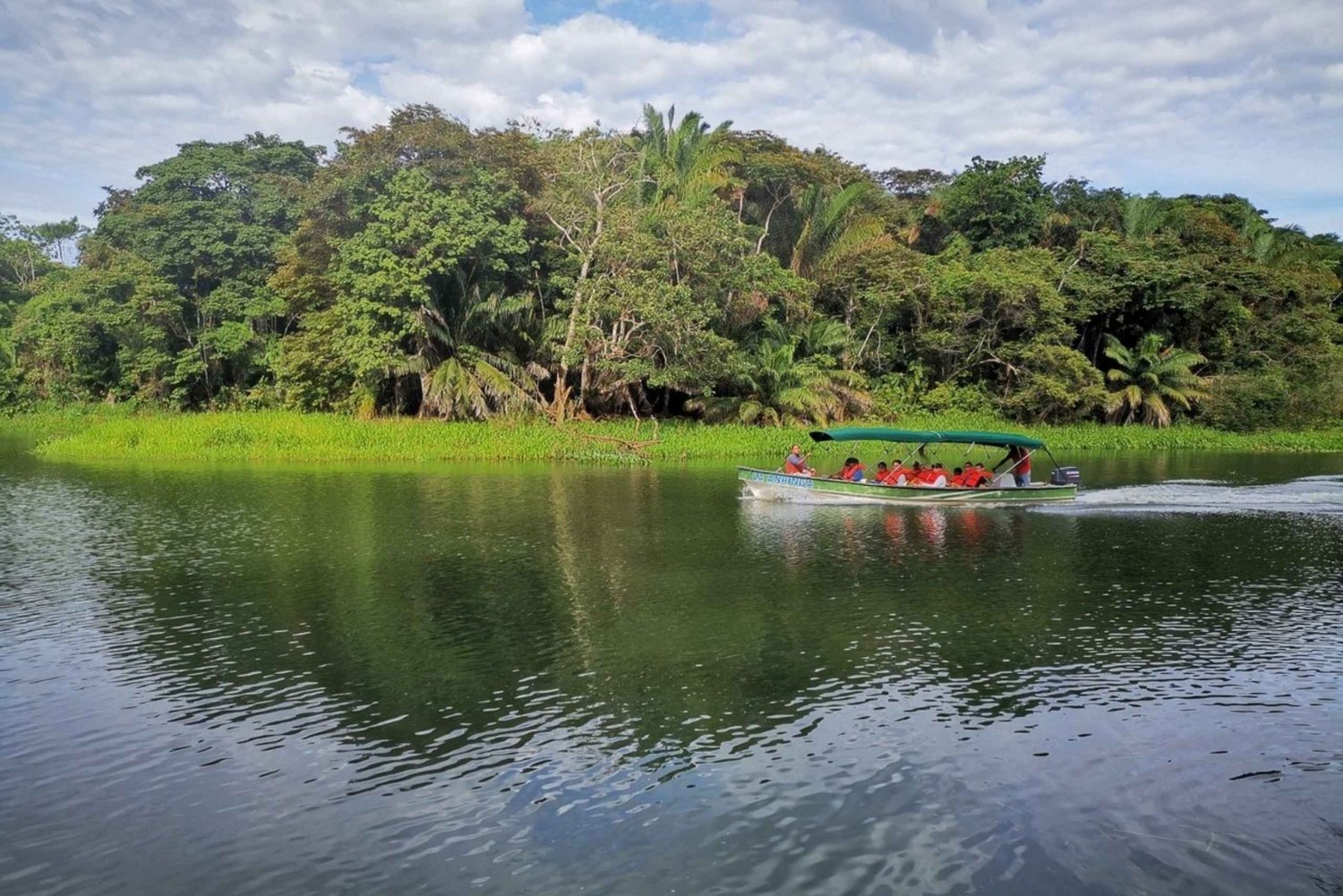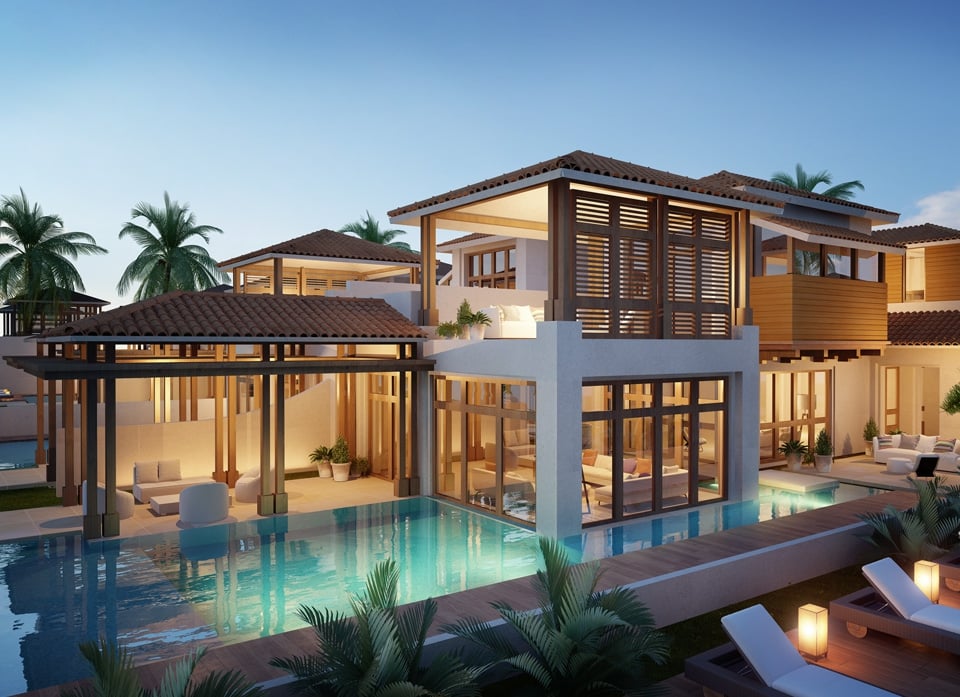FAQ about Panama
Is Panama safe?
At the Central American level, Panama is quite calm and has even been on the list of the 5 least violent countries in the Americas. But nothing is perfect in life, and to say that everything is peace and love would be to try to cover the sun with a finger. Certainly, and as in many places, there are robberies, pickpocketing, and other types of criminal acts in which tourists become the main victims, but it is not something that happens so frequently.
Most often these events occur due to the carelessness of the traveler. As a soil I suggest, use your common sense and always ask about the safety of a place before visiting it. As a suggestion, avoid the city of Colón (its level of danger is high) and those regions of Darién that have had a history of conflicts with guerrillas and narco-paramilitaries
What is the difference in hours between Spain and Panama?
The difference in hours between the two countries is 7 during summertime in Spain, and 6 hours in winter. To explain it better, Spain would be 7 hours ahead of Panama in summer, while in winter the advance would be 6 hours
What kind of food is usual in Panama?
The gastronomic variety is immense in Panama, and historically this is thanks to its geographical position as a transit country. Visitors will find that foods such as rice, salads, beans, and meats are abundant within the Panamanian diet. It is also normal to eat chips, especially at breakfast. The national dish is the sancocho, which is chicken soup and is eaten a lot in the region of Azuero and central provinces
It is advisable to drink tap water?
At least in the main cities, the water quality is excellent, so there will be no need to resort to purification tablets. In rural areas, it would be prudent to buy your bottled water
What can I visit in each province of Panama?
First of all, the republic is divided into 9 provinces and 5 indigenous comarcas (Guna Yala is the most famous of all the regions)
What kind of vaccines should I buy to travel to Panama?
A vaccine against yellow fever is suggested, especially in the rainy season. During the year, cases of dengue are heard, but they are very few and the highest percentage of incidents occur in remote areas. In any case, it is always good to take measures and load with mosquito repellent to keep them at bay
What is the local currency?
The currency is the US dollar, although it is normal to hear Panamanians use the term Balboa (in honor of the Spanish explorer Vasco Núñez de Balboa)
Can you cross from Panama to Colombia by land?
No way. There is no road or improvised road that passes through the huge and dense jungle of the Darién towards Colombia. What many do is cross on a sailboat to Cartagena from the islands of San Blas. The San Blas Adventures company offers the best service and has good prices
What kind of clothes is ideal to bring to Panama?
With the warmth of Panama, there is nothing better than bringing the most simple and comfortable clothing possible, as well as a hat, sunscreen, and sunglasses. For those who decide to go hiking, it is essential to wear long pants, a pair of shoes and a good mosquito repellent. In the coldest destinations of the country, located in the province of Chiriqui, a coat or light jacket is enough. Is it mandatory to tip? The subject of the tip is still a topic of discussion in Panama. There is usually a general rule of giving 10%, although it is not mandatory at all. There are restaurants that add it to the account, which you should ask before if it is included or not
It's a good idea to rent a car and drive in Panama?
Unlike the chaotic and congested streets of Panama City, the rest of the nation is quite relaxed and easy to handle, and more so if one takes into account the fact that the Panamericana (the country's main highway) is in optimal conditions and more marked than a few years ago. It is essential that the person has a valid driver's license to rent a car for a period not exceeding 90 days. It is a good way to know the country with total freedom



